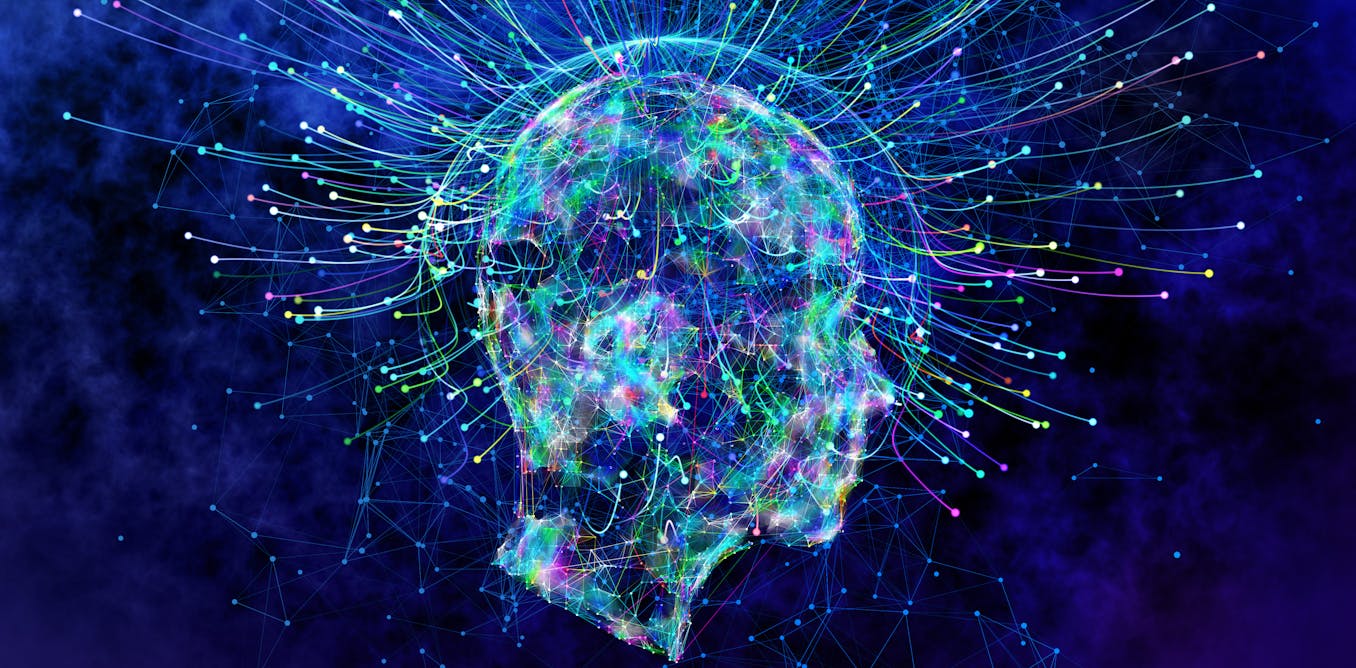
- Select a language for the TTS:
- UK English Female
- UK English Male
- US English Female
- US English Male
- Australian Female
- Australian Male
- Language selected: (auto detect) - EN
Play all audios:
3. ANTIDEPRESSANTS WHY THEY’RE PRESCRIBED: While antidepressants are typically used to treat depression, they’re also frequently prescribed for anxiety disorders, eating disorders, obsessive
compulsive disorder, chronic pain, smoking cessation and some hormone-mediated disorders, such as severe menstrual cramps. There are many different kinds of antidepressants, including
tricyclic antidepressants, monoamine oxidase inhibitors (MAOIs), selective serotonin re-uptake inhibitors (SSRIs), dopamine antagonists and lithium, among others. HOW THEY CAN CAUSE SEXUAL
DYSFUNCTION: Antidepressants cause problems in all areas of sexual function, probably by blocking the action of three brain chemicals that relay signals between nerve cells: acetylcholine,
serotonin and norepinephrine. The adverse effects of clomipramine (Anafranil), for instance, include ejaculation failure (reported by more than 40 percent of men taking the drug), impotence
(reported by at least 15 percent of patients) and decreased libido (reported by at least 18 percent of patients). OPTIONS: Talk with your doctor or other health care provider about lowering
your dose (sexual side effects are often dose-related) or whether nondrug therapies might work just as well or better for you than a drug. You might also want to explore switching drugs,
especially if you’re older and taking one of the tricyclic antidepressants, which are considered to be potentially inappropriate drugs for older people. 4. ANTIPSYCHOTICS WHY THEY’RE
PRESCRIBED: Antipsychotics are used to treat schizophrenia, bipolar disorder and other serious psychiatric conditions. Antipsychotics also are often prescribed “off-label” to treat agitation
and depression, among other conditions. HOW THEY CAN CAUSE SEXUAL DYSFUNCTION: All antipsychotic drugs block dopamine, a brain chemical that helps regulate emotional responses and control
the brain’s reward and pleasure centers. They also increase levels of the hormone prolactin, which can lead to ED, reduced libido and difficulties achieving orgasm. And, like
antidepressants, they block the action of acetylcholine, which researchers believe can lead to problems in all areas of sexual function. The sexual side effects of these drugs have been
difficult to tease out because many of the psychiatric conditions the drugs are used to treat are themselves associated with sexual problems. Nonetheless, the incidence of sexual dysfunction
associated with antipsychotic drugs ranges in different studies from 45 percent to as high as 90 percent. OPTIONS: Talk with your doctor or other health care provider about the possibility
of reducing dosage or switching to another antipsychotic drug. If you or a loved one has been prescribed one of these drugs for Alzheimer’s-related depression or agitation, talk to the
doctor immediately. Antipsychotics pose heightened death risks for older people with dementia. 5. BENZODIAZEPINES WHY THEY’RE PRESCRIBED: Benzodiazepines, commonly known as tranquilizers,
are used to treat anxiety, insomnia, agitation and muscle spasms, and to prevent seizures. HOW THEY CAN CAUSE SEXUAL DYSFUNCTION: The sedative and muscle-relaxant properties of
benzodiazepines are thought to lessen sexual interest, excitement and sensation. Benzodiazepines may also interfere with the production of testosterone, a hormone important for sexual desire
in women as well as men. The sexual problems most frequently associated with benzodiazepines are diminished orgasms, pain during intercourse, ED and ejaculation problems.







